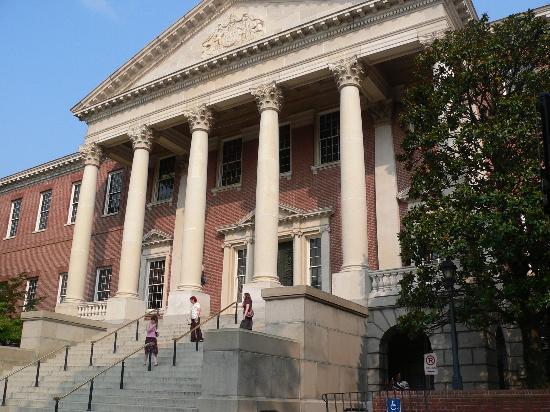2013 Maryland Legislative Session
Maryland’s Legislative Session ended this year with a flurry of activity. The high profile bills increasing the gas tax, establishing off shore wind power, and legalizing the use of Medical Marijuana were all passed in the last days of the session. Governor O’Malley appears pleased with the results of the session and has no plans to call for a Special Session this year. He has until May 28th to veto any bill presented to him. The question for my clients is whether many issues that affect them were addressed by the Legislature. Several bills protecting seniors did pass this session. Hospitals will have to advice all patients within 23 hours of being treated on whether their status is as an admitted patient or in observation status. The importance of this bill is for Medicare coverage. Medicare will only cover a rehabilitation stay, if the hospital admission is 72 hours or longer. Another protection for older adults is that State Agencies cannot make more regulations for Special Needs Trusts more restrictive than the Federal Law in classifying what trust assets are “countable assets” for Medicaid eligibility. For Estates and Trusts distributions without a will, the amount passing to a surviving spouse and each minor child was doubled to reflect rising costs since the amounts were last adjusted.
In contrast, the list of bills that failed to gather enough votes to go before the Governor is much longer. No legislation passed to improve the competitive status of Maryland by lowering tax rates for businesses or exempting retirement income for individual taxpayers. None of the proposed bills to increase Maryland’s one million dollar estate tax exemption made much headway. Once again the Estate Planning Section of the Maryland Bar Association failed in its lobbing effort to push a bill to codify trust law. The members feel that having the law written down in one place will make administration of trusts easier and reduce the uncertainty in relying on previous court decisions. Another bill to allow homeowners to create a transfer on death designation for their property was withdrawn after receiving an unfavorable report from the Judiciary Committee. The concern is that citizens may not realize the significance of the transfer on death designation while they do understand the importance of a will.
In conclusion, the Legislature spent most of its time and effort on bills that the Governor supported and that received much of the news headlines. If Marylanders want legislation that changes the perception that the “Free State” is not the best place to run a business or spend your retirement, citizens must influence lawmakers to change that perception.


